10 Best Big Data Analytics Tools You Need To Know in 2023
FineReport
APRIL 26, 2023
This has led to the emergence of the field of Big Data, which refers to the collection, processing, and analysis of vast amounts of data. With the right Big Data Tools and techniques, organizations can leverage Big Data to gain valuable insights that can inform business decisions and drive growth.

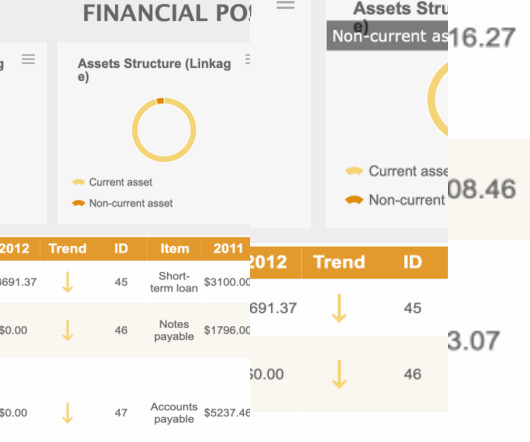

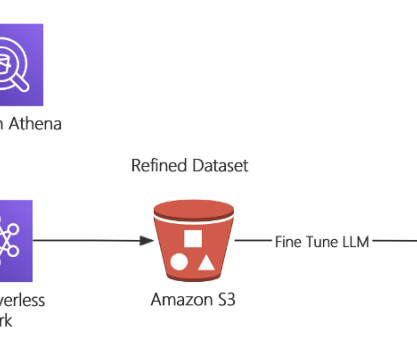
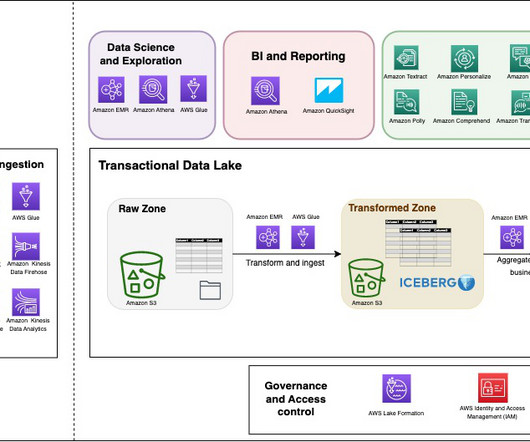
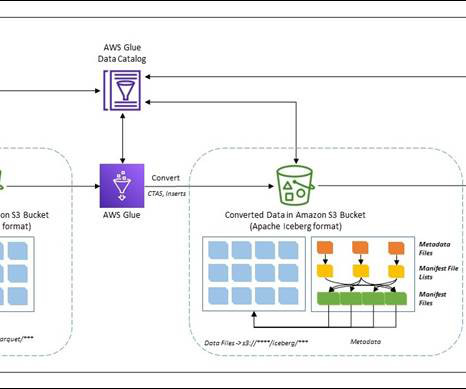
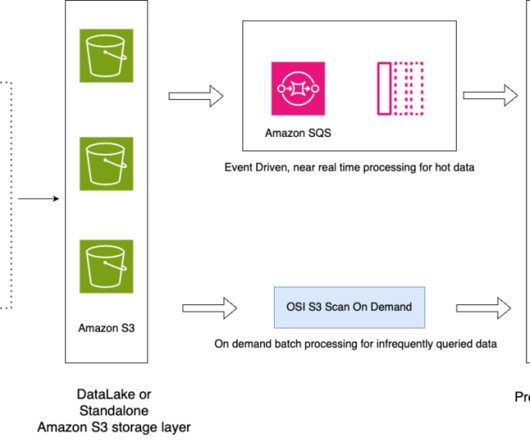








Let's personalize your content